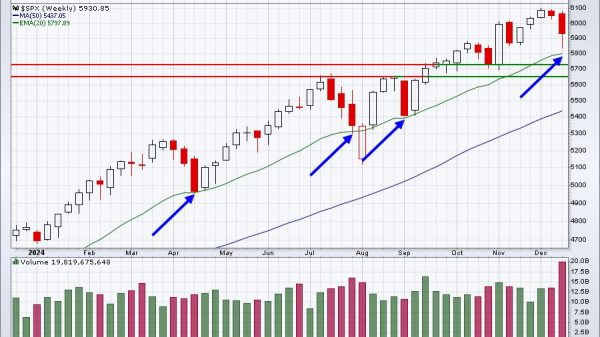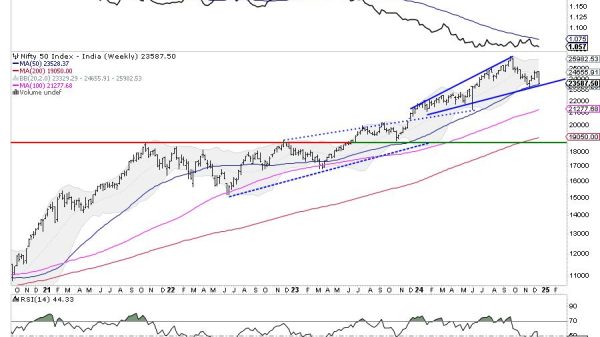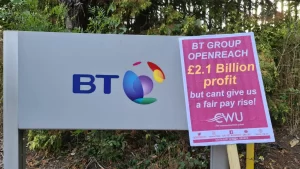Over 30,000 BT Openreach engineers and 10,000 BT call centre workers are staging a walkout today over pay, as the summer of strike action continues.
Members of the Communication Workers Union (CWU) will also be taking action tomorrow in what the union has called “serious determination” to get a bump in wage.
The announcement comes off the back of a historic strike ballot, announced in late June, and following the recent first wave of strikes that attracted widespread public support.
The dispute centres on workers opposing the imposition by company management of a flat-rate pay rise.
Earlier this year, BT offered and implemented a £1,500 per year pay increase for employees.
In the context of RPI inflation levels already hitting 11.7 per cent this year, the CWU have regarded this as a “dramatic real-terms pay cut”.
The workers on strike look after the vast majority of Britain’s telecoms infrastructure, from mobile phone connection, broadband internet and back-up generators to national health systems, cyber security and data centres.
The strike action is also likely to have a serious effect on the roll-out of ultra-fast broadband, and may cause significant issues for those working from home.
It is the first strike action at BT Group since 1987, and the first national call centre workers strike.
CWU General Secretary Dave Ward said: “The disruption caused by this strike is entirely down to Philip Jansen and his ridiculous refusal to speak to his workers about a fair pay deal.
“These are the same workers who kept the country connected during the pandemic. Without CWU members, there would have been no home-working revolution, and vital technical infrastructure may have malfunctioned or been broken when our country most needed it.”
“We won’t have bosses using Swiss banks while workers are using food banks. BT Group workers are saying: enough is enough. They have serious determination to win, and are not going to stop until they are listened to.”
It is understood that BT’s operations were relatively undisrupted by the strike action taken at the start of August, with the major impact hitting scheduled appointments and call centre wait times only.
However, a union source has said that most branch representatives estimated that less than two per cent of BT Group employees attended to their regular tasks.
Labour frontbencher Lisa Nandy also joined a union picket line at her Wigan constituency, signalling a clear defiance to Sir Keir Starmer’s lukewarm response to industrial action.
Read more:
40,000 BT staff on strike: ‘We won’t have bosses use Swiss banks as workers use food banks’
























